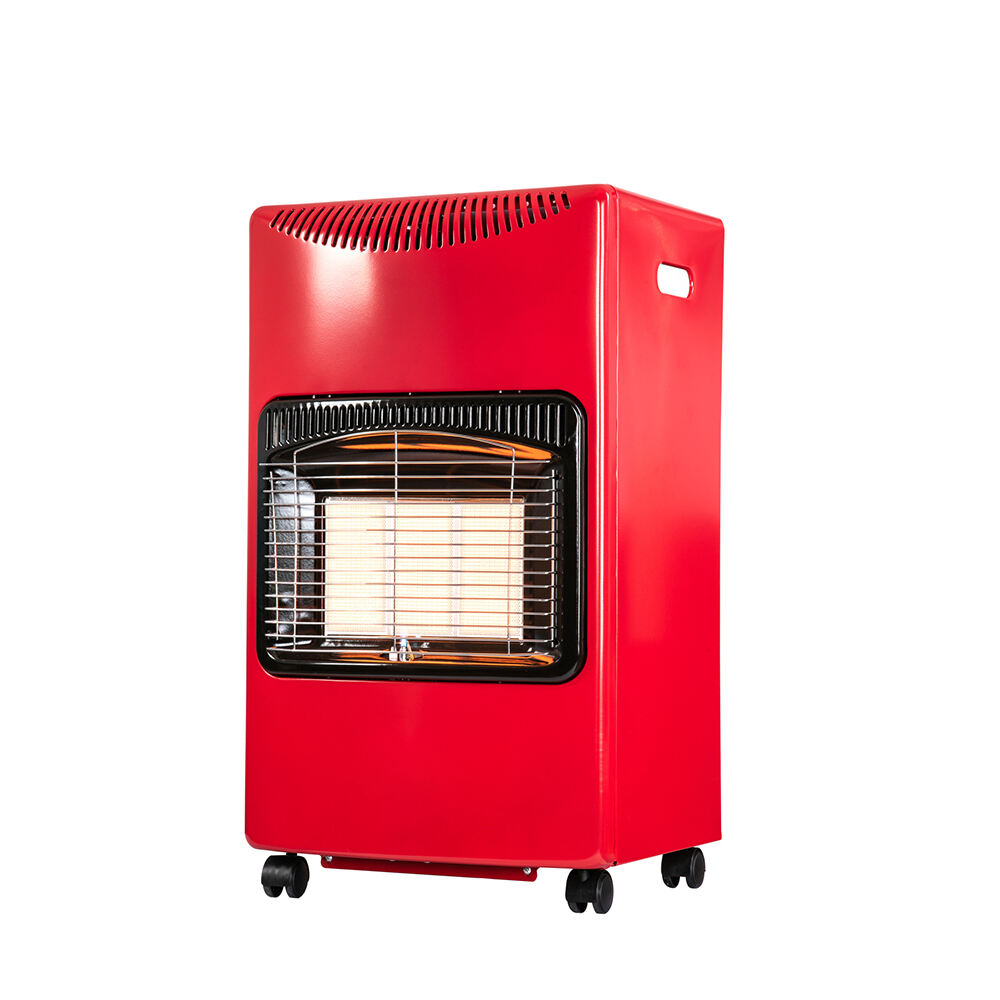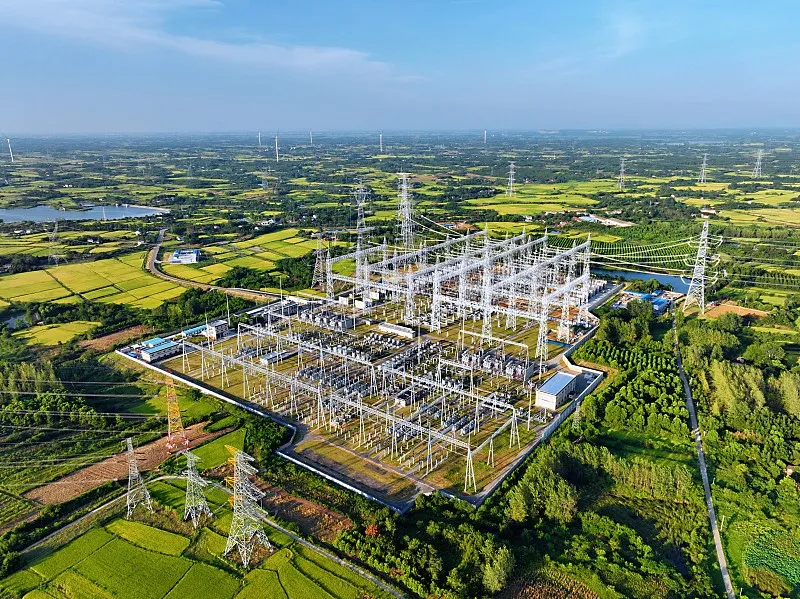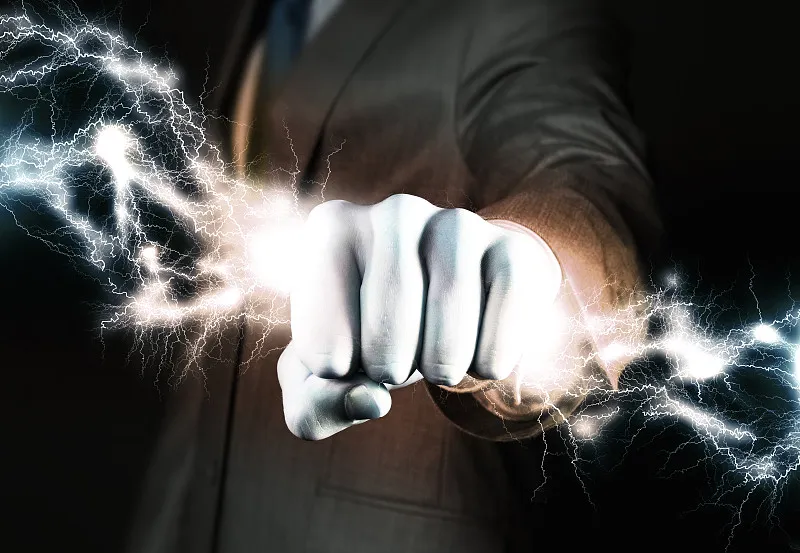Les chauffages à gaz sont-ils plus efficaces que les chauffages électriques ?
Comprendre les solutions de chauffage domestique : une analyse approfondie des systèmes à gaz et électriques
Lorsque l'hiver approche et que les températures chutent, le choix entre les chauffages au gaz les chauffages au gaz et électriques devient une décision cruciale pour les propriétaires. Les deux systèmes de chauffage présentent des avantages distincts et fonctionnent selon des principes différents, ce qui rend la comparaison de leur efficacité particulièrement importante. Alors que les coûts énergétiques augmentent et que les préoccupations environnementales prennent de plus en plus d'importance, comprendre comment ces systèmes de chauffage se comparent peut aider à prendre une décision éclairée pour votre maison.
Le débat sur l'efficacité énergétique entre les chauffages au gaz et les chauffages électriques va au-delà des simples coûts d'exploitation. Il englobe des facteurs tels que la conversion d'énergie, l'impact environnemental, les exigences d'installation et la durabilité à long terme. Examinons ces aspects en détail afin de vous aider à déterminer quelle solution de chauffage convient le mieux à vos besoins.
Efficacité énergétique et principes de fonctionnement
Technologie et performance des chauffages au gaz
Les chauffages à gaz fonctionnent en brûlant du gaz naturel ou du propane pour produire de la chaleur, qui est ensuite distribuée dans l'espace concerné. Les systèmes modernes de chauffage au gaz peuvent atteindre des rendements compris entre 85 % et 98 %, ce qui signifie qu'ils transforment la majeure partie de leur carburant en chaleur utilisable. Les chauffe-eau gaz à haut rendement, de type à condensation, peuvent même récupérer et utiliser la chaleur présente dans les gaz d'échappement, maximisant ainsi leurs performances.
L'avantage principal des chauffages à gaz réside dans leur capacité à produire rapidement une chaleur intense et à maintenir des températures constantes, même dans des conditions extrêmement froides. Ils chauffent généralement les espaces plus rapidement que les alternatives électriques, en particulier dans les grands espaces. Toutefois, cette efficacité s'accompagne de la nécessité d'une ventilation adéquate et d'un entretien régulier afin de garantir un fonctionnement sûr.
Fonctionnement des chauffages électriques
Les chauffages électriques transforment l'énergie électrique directement en chaleur par divers mécanismes tels que le chauffage par résistance, la technologie infrarouge ou les systèmes de pompe à chaleur. Bien qu'ils affichent une efficacité proche de 100 % pour convertir l'électricité en chaleur, l'efficacité globale dépend fortement de la manière dont l'électricité est produite dans la centrale électrique et acheminée jusqu'à votre domicile.
Les systèmes de chauffage électrique excellent par leur simplicité, nécessitant peu d'entretien et offrant un contrôle précis de la température. Ils sont particulièrement efficaces dans de petits espaces bien isolés et peuvent s'avérer plus pratiques pour le chauffage par zones, où différentes zones requièrent des réglages de température distincts.
Considérations économiques et impact financier
Analyse de l'Investissement Initial
Les coûts initiaux entre chauffe-eau à gaz et chauffe-eau électriques peuvent varier considérablement. Les systèmes de chauffage au gaz nécessitent généralement un investissement initial plus élevé en raison des exigences complexes d'installation, notamment la pose de canalisations de gaz, de systèmes de ventilation et d'une mise en service professionnelle. Les chauffe-eau électriques, en revanche, ont souvent un prix d'achat et des coûts d'installation plus bas, les rendant plus accessibles pour une mise en œuvre immédiate.
Lorsqu'on prend en compte les dépenses liées à l'installation, les chauffe-eau à gaz peuvent nécessiter des mesures de sécurité supplémentaires ainsi qu'un entretien régulier effectué par un professionnel, qui doivent être pris en compte dans le coût total de possession. Les systèmes électriques nécessitent généralement peu de préparation, se limitant souvent à la disponibilité d'une prise électrique adaptée et à un montage basique.
Frais de fonctionnement à long terme
Les coûts d'exploitation constituent une partie essentielle de l'équation de l'efficacité. Dans la plupart des régions, les tarifs du gaz naturel sont inférieurs à ceux de l'électricité, ce qui pourrait rendre les chauffe-eau au gaz plus économiques à l'usage malgré des coûts initiaux plus élevés. Toutefois, cet avantage peut varier considérablement en fonction des tarifs locaux des services publics et des conditions climatiques.
Les chauffe-eau électriques peuvent s'avérer plus rentables dans les zones où les besoins en chauffage sont modérés ou lorsque les tarifs de l'électricité sont compétitifs. Ils bénéficient également d'une possible intégration avec des panneaux solaires ou d'autres sources d'énergie renouvelable, ce qui pourrait réduire considérablement les coûts d'exploitation à long terme.
Impact environnemental et durabilité
Comparaison de l'empreinte carbone
L'impact environnemental des systèmes de chauffage est devenu de plus en plus important dans un monde soucieux du climat. Les chauffe-eau au gaz émettent directement du dioxyde de carbone et d'autres gaz à effet de serre pendant leur fonctionnement, contribuant ainsi à leur empreinte écologique. Toutefois, les systèmes modernes à haut rendement utilisant le gaz ont considérablement réduit les émissions par rapport aux anciens modèles.
Les chauffages électriques ne produisent aucune émission directe pendant leur fonctionnement, ce qui les rend apparemment plus respectueux de l'environnement à première vue. Toutefois, leur véritable impact environnemental dépend de la source d'électricité utilisée. Dans les régions alimentées principalement par des énergies renouvelables, le chauffage électrique devient une option plus propre, tandis que dans les zones dépendant des centrales au charbon, l'utilisation de chauffages électriques pourrait en réalité entraîner des émissions globales plus élevées.
Considérations relatives à la durabilité future
L'avenir des technologies de chauffage s'oriente vers une durabilité et une efficacité énergétique accrues. Les systèmes de chauffage électrique sont bien positionnés pour devenir de plus en plus respectueux de l'environnement à mesure que les réseaux électriques adoptent des sources d'énergie renouvelables. Des technologies avancées telles que les pompes à chaleur rendent le chauffage électrique plus efficace que jamais.
Les systèmes de chauffage au gaz continuent d'évoluer grâce à des technologies brûlant plus proprement et à des indices d'efficacité améliorés. Toutefois, leur durabilité à long terme pourrait être remise en question par les réglementations environnementales de plus en plus strictes et le passage progressif away des énergies fossiles.

Applications pratiques et scénarios d'utilisation
Dimensions de l'espace et besoins en chauffage
L'efficacité des chauffages au gaz par rapport aux chauffages électriques dépend souvent de l'application spécifique et des contraintes liées à l'espace. Les chauffages au gaz sont généralement plus performants dans les grands espaces et les aménagements en plan ouvert, où leur capacité à produire et à diffuser la chaleur rapidement constitue un avantage. Ils conviennent particulièrement bien aux régions aux hivers rigoureux, où un chauffage puissant et constant est essentiel.
Les chauffages électriques sont efficaces dans les petits espaces bien isolés et dans les situations nécessitant un chauffage par zones. Leur flexibilité d'installation et leur contrôle précis de la température les rendent idéaux pour les chambres à coucher, les bureaux et les besoins de chauffage complémentaire. Ils constituent également un excellent choix pour les bâtiments où l'installation de gaz n'est pas pratique ou autorisée.
Climat et considérations régionales
Le climat joue un rôle important dans le choix de la solution de chauffage la plus efficace. Dans les régions froides où l'hiver est long, les chauffages au gaz s'avèrent souvent plus économiques et plus efficaces pour maintenir une température confortable. Leur capacité à produire de la chaleur indépendamment de la température extérieure les rend fiables dans des conditions extrêmes.
Les chauffages électriques peuvent être plus adaptés dans les climats modérés ou les régions où la saison de chauffage est courte. Ils sont particulièrement efficaces dans les maisons bien isolées où les besoins en chauffage sont moindres, ainsi que dans les zones où les tarifs électriques sont compétitifs par rapport aux prix du gaz.
Questions fréquemment posées
Quel système de chauffage offre une meilleure efficacité énergétique ?
Bien que les chauffages électriques soient presque 100 % efficaces pour convertir l'électricité en chaleur, les chauffages au gaz offrent généralement une meilleure efficacité énergétique globale lorsqu'on prend en compte le coût du combustible et la capacité de chauffage. Les chauffages modernes au gaz peuvent atteindre des rendements énergétiques jusqu'à 98 %, les rendant très efficaces pour chauffer l'ensemble d'un logement.
Comment les besoins d'entretien se comparent-ils entre les chauffages au gaz et électriques ?
Les chauffages électriques nécessitent généralement peu d'entretien, se limitant à un nettoyage régulier et à des vérifications occasionnelles. Les chauffages au gaz exigent un entretien professionnel plus fréquent, incluant des inspections annuelles, un nettoyage et des contrôles de sécurité afin de garantir un fonctionnement correct et de prévenir les risques de monoxyde de carbone.
Est-il possible de passer facilement d'un chauffage électrique à un chauffage au gaz ?
Le passage d'un chauffage électrique à un chauffage au gaz nécessite des travaux d'installation importants, notamment l'installation d'une conduite de gaz, la mise en place d'un système de ventilation et une configuration effectuée par un professionnel. Le processus peut être complexe et coûteux, mais il peut s'avérer rentable à long terme en termes d'économies d'énergie dans certains cas.
Quel système de chauffage est meilleur pour l'environnement ?
L'impact environnemental dépend largement de votre localisation et des sources d'énergie utilisées. Les chauffages électriques ne produisent aucune émission directe et peuvent être très écologiques lorsqu'ils sont alimentés par des énergies renouvelables. Les chauffages au gaz émettent directement des gaz à effet de serre, mais peuvent avoir un bilan carbone global inférieur dans les régions où l'électricité provient de centrales thermiques au charbon.







